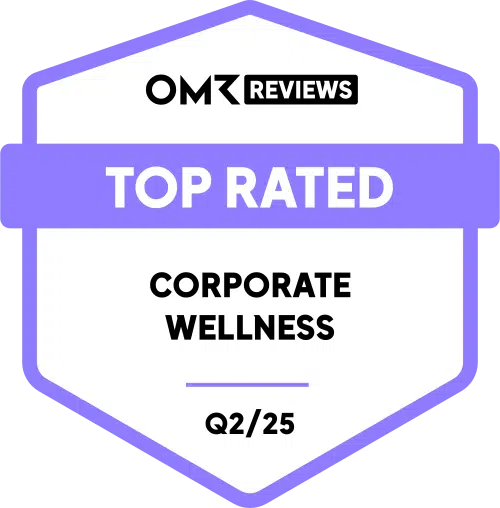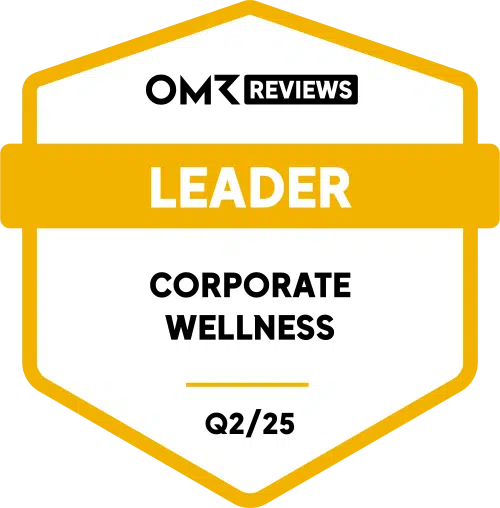We should all drink at least 3 liters of water a day, use honey instead of sugar, and only consume fresh fruits and vegetables. But is there really any truth to these claims? There are countless nutrition myths circulating, and we’ll explore 10 of them to give you the facts.
Drink at least 3 liters of water a day
Drinking enough is essential for our body and its performance, no question. However, it does not have to be 3 liters a day, because for an adult about 2.5 liters are enough. But the amount also differs from person to person in terms of body size and activity level, for example. Since we also absorb fluids with our food, you are usually on the safe side if you consume 1.5 – 2 liters in addition.
Eating at night makes you gain weight
People trying to lose weight often skip their evening meal. However, it’s not the timing of calorie intake that matters but the total calorie intake throughout the day. Eating light food for breakfast, lunch, and dinner can be helpful for maintaining weight or losing a few pounds if needed.
Losing weight is easy with light products
Low-carb or low-fat products are said to support weight loss. However, as with the previous myth, what matters more is the total calorie intake throughout the day. Low-carb or low-fat products may contain less sugar or fat, but their energy content is not necessarily reduced. The loss of taste must be compensated for, so sugar-reduced products often contain more fat or sweeteners that can stimulate appetite in the long run. If you still want to consume such products, you don’t have to choose between low-carb or low-fat – there’s no significant difference in weight loss.
Carbohydrates make you gain weight
Carbohydrates are often wrongly vilified, but they’re better than their reputation suggests. We need carbohydrates to have energy and to provide our brain with enough energy to think. However, for a healthy and body-conscious diet, complex carbohydrates (especially whole-grain products) should be consumed since they don’t spike blood sugar levels as quickly and keep you full for longer. They also contain more fiber and are therefore preferable to simple carbohydrates such as household sugar or white flour products.
Alkaline diet offers health benefits
There are many nutrition trends, such as low-carb, Ayurvedic, or alkaline diets, but is there any truth to the idea of an over-acidic body? An alkaline diet is said to restore the acid-base balance in the body. However, our body and its buffering system can handle this on its own, especially if we have a balanced diet. In the case of an alkaline diet, it could be all about the profit for manufacturers who market such products.
Frozen products aren't as good as fresh produce
A fresh cauliflower seems much healthier than a plastic bag of frozen cauliflower. However, this feeling is misleading because frozen fruits and vegetables can be even healthier. The harvested products are usually flash-frozen after being picked, so valuable vitamins are preserved, while they diminish over time with conventional transport and storage methods.
Strengthening health with vitamin supplements
Dietary supplements, including synthetically produced vitamins, are very trendy and promise more vitality and a strengthened immune system. There’s no question that vitamins are essential for the functioning of our body, but pills don’t help us in this case. The vitamins are isolated in them. In contrast, when you eat an apple, you take in a whole range of other healthy and important substances, such as polyphenols, in addition to vitamins. It should also be mentioned that vitamins can also be overdosed and lead to symptoms of poisoning. A balanced diet usually provides everyone with their vitamin needs. If this is not the case, individual vitamins can be supplemented after consultation with your doctor.
You can eat as much fruit as you want
Fruit is delicious and naturally healthy, as it contains many vitamins, fiber, and enzymes. However, it shouldn’t be consumed in excessive amounts, as too much fructose can have negative effects on our health. High amounts increase the uric acid level, are stored as fat in the liver, burden the intestines, and increase the risk of inflammation. Two servings of fruit are recommended daily. If you eat more than that, you won’t get sick right away – but you should pay attention to the amount of fruit or fructose in the long run.
Honey & Co are healthier than sugar
Honey, agave syrup and date syrup are considered healthy sugar alternatives. However, this is not entirely true, because such sweeteners also have a high caloric density and the fructose they contain can have an appetizing effect. Just like sugar, honey and similar products can cause tooth decay. It is true that honey, unlike sugar, contains vitamins, minerals and enzymes, but only in very small quantities. Therefore, for both sugar and honey, use in moderation.
Schnapps is good for digestion
After a sumptuous meal still a shot down tilt and that even with a clear conscience, after all, liquor helps digestion. This is not only wrong, but the opposite is true: Alcohol relaxes the stomach muscles, so the food is digested even more slowly and lingers longer in the stomach.




